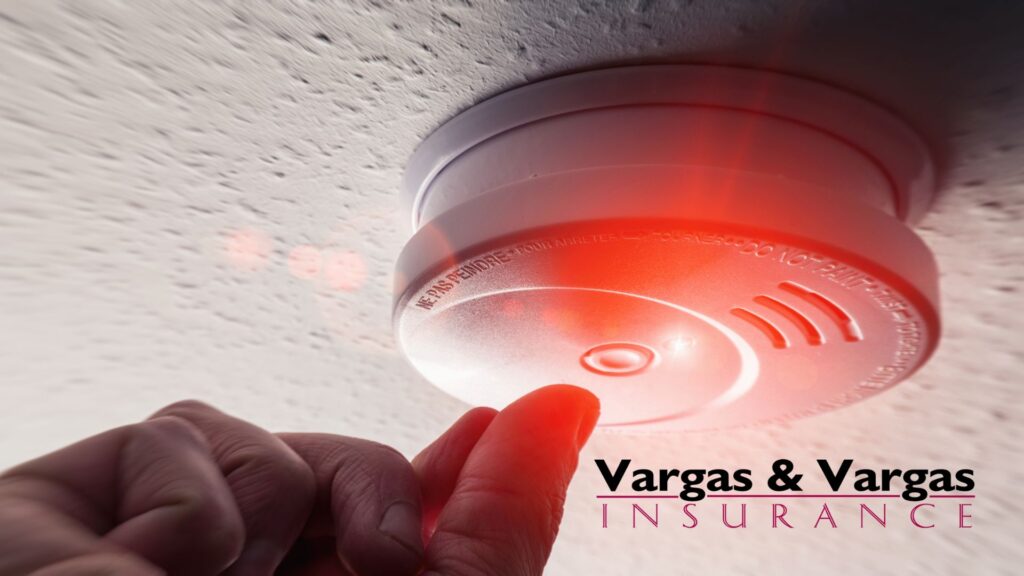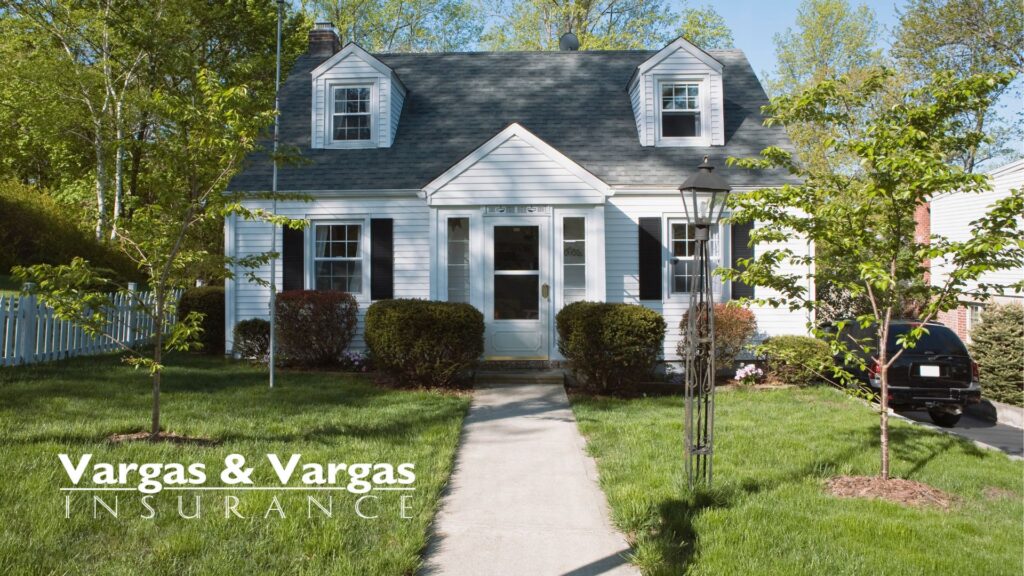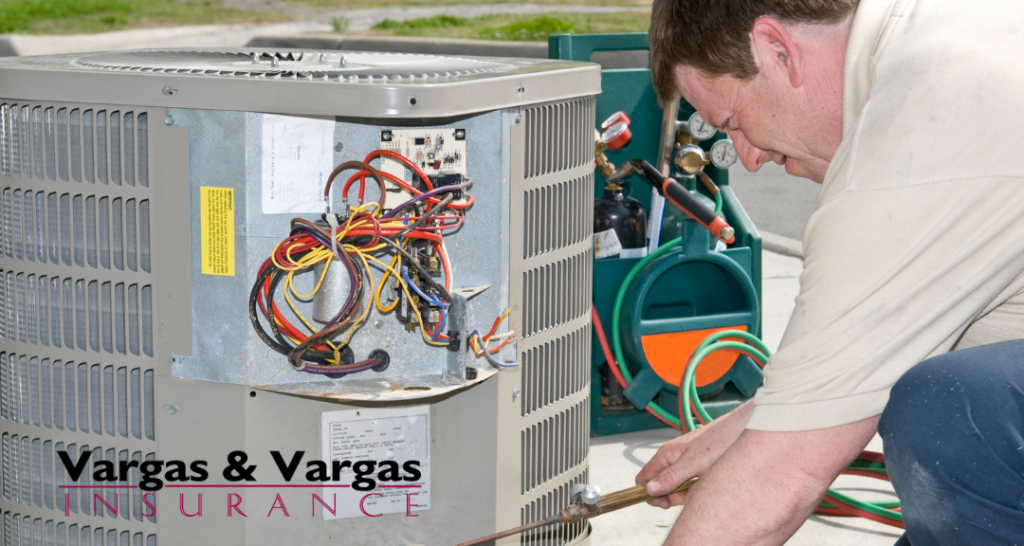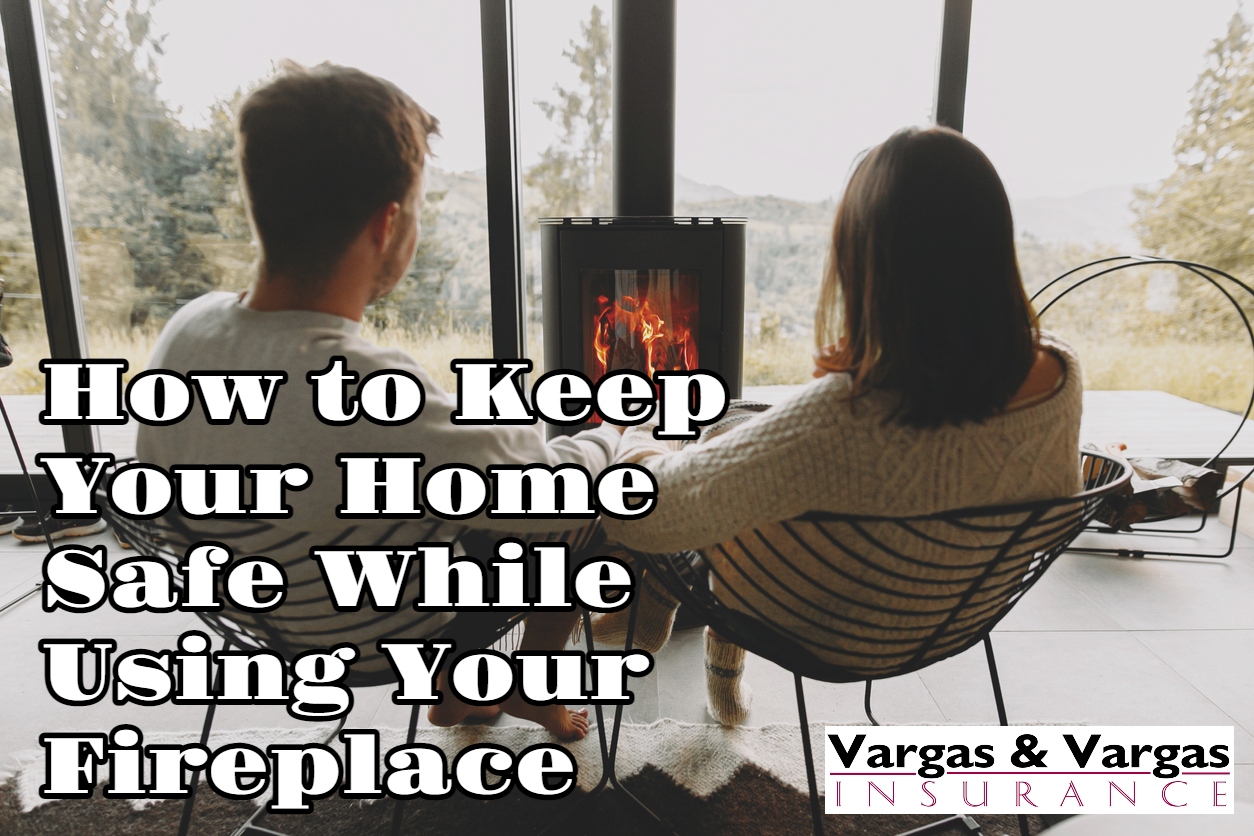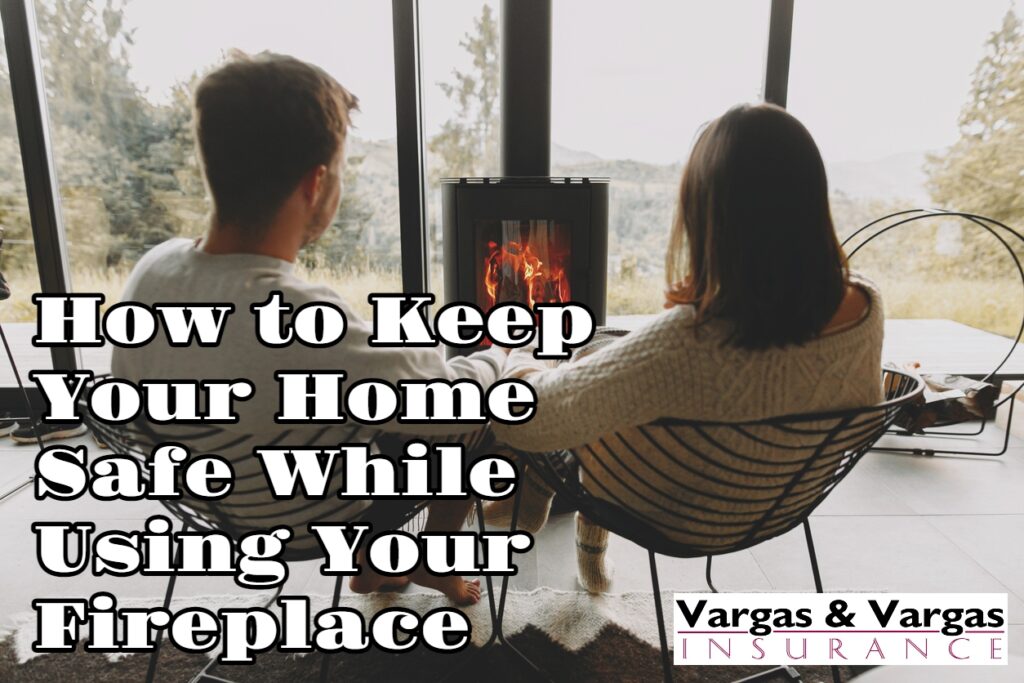Insurance Coverage: Are Maintenance Costs Covered?
Taking care of your property is nothing short of improving your investment. And although homeowner’s insurance can help recover in some cases, it doesn’t cover a lot of maintenance costs.
This is especially true if damages are the direct result of being neglectful. These are just some of the costs that might come out of your pocket.
Termites and Other Insects
Although you may find your home tranquil, there are a lot of insects that might find it tasty. Termites and other insects can quickly turn your home into a sanctuary.
In some instances, insurance policies do not cover the damages created by these bugs, including pest control or home-cleaning services.
This often includes insects such as termites, cockroaches, ants, spiders, and a whole host of pests that tend to invade your privacy. If you see any of these bugs on your property, there’s a good chance they’re also in your home.
Bird, Rodent, and Animal Damage
Another of the most common damages from nature comes in the form of birds and rodents just looking for a place to live. Unfortunately, they will tear apart your home from the inside.
In fact, a lot of people don’t even know there is a critter problem until something like a leaky ceiling or various smells start emanating from the walls.
It’s not just the little ones that can wreak havoc, either. Raccoons are well-known for utilizing roofing materials for both houses and garages to create nests.
Rust, Rot, and Mold
A small leak in your roof created during the winter can lead to costly repairs in the summer. Rust, rot, and mold are common results of neglecting the property. And not all insurance policies will cover the repairs.
For example, let’s say that you neglected to notice that leak in the roof. Over time, the water invading your home can lead to rotting out the drywall as well as propagating mold within the walls.
In this case, your insurance coverage might not cover the maintenance costs and repairs that will accumulate.
General Wear and Tear
Perhaps one of the most obvious elements of being a homeowner is repairing the general wear and tear of the property. This can include everything from replacing an old carpet to buying a new air conditioning unit.
While insurance coverage might not reimburse you for most of these expenses, you might still qualify for discounts. That is if you upgrade the home with preventive appliances, such as fire alarms or anti-theft devices.
To find out more about what discounts you qualify for as a homeowner, be sure to contact your policyholder.
Your Insurance Policy Might Not Cover Maintenance Costs
Although every insurer is different, many won’t cover repairs and other costs related to the upkeep of your home. Instead, those expenses will come out of your pocket.
This is why it’s vital to perform routine maintenance on your property. Even the slightest leaky pipe under the sink can lead to severe and costly water damage.
Preventative maintenance is crucial for keeping your home safe and secure.
At Vargas & Vargas Insurance, we strive to help people understand their policies while finding the best deals for their needs. Contact us today to find out how we can help you keep your home protected.
Always remember, an ounce of prevention is worth a pound of the cure.




